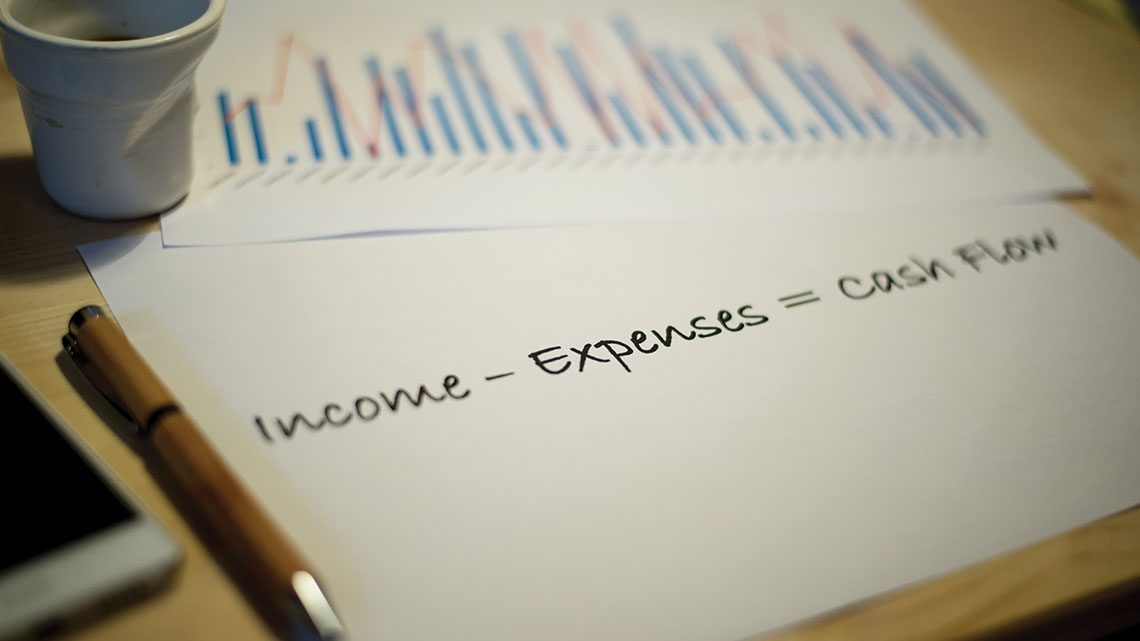There is a number of factors that make leasing cars for your business a highly advantageous practice, starting with the attractive monthly costs and the ability to switch cars often, so as to keep up with the latest technology and safety features.
However, some other factors have to be considered as well in order to determine whether or not leasing is right for your business, and some of these will be discussed below to help you make that decision for your company.
Leasing Factors
First of all, you should consider the original manufacturer’s retail price and compare it to the final negotiation’s price of any vehicle you’re considering for use in your business. Find out whether or not you require any down payment, and what the sales tax rate will be in your area.
You’ll also need to know what the length of the lease will be, and what the value of the car will be at the end of that leasing period.
Important Leasing Terms
When you’re ready to negotiate a lease for any vehicle, you can expect to have two options, those being an open lease and a closed lease. Generally speaking, dealers use an open lease contract is for business vehicles, and it calls for the lessee to pay the difference between the estimated resale value and the actual resale value at the end of the leasing period.
If a vehicle is driven more miles than anticipated, the actual resale value might be lower-than-expected, and that would call for the increased cost to the lessee. The difference with a closed lease is that the lessee would only pay for any extra mileage or unusual damages at the end of a leasing period.
Residual value is another important term to understand when you’re considering leasing. This term describes the value of a car at the very end of the leasing period, and it refers to the amount for which the vehicle could be sold at that time.
What actually is it?
It is basically a function of the rate of depreciation on the car, so that the longer your lease term, the lower you can expect the residual value to be. This being the case, you can expect to pay more in total depreciation with a lease having a longer term.
Lease term length refers to the total amount of time in which you will be leasing the vehicle, and when you negotiate for a longer lease, you can expect to pay a lower monthly payment. However, if it should become necessary to terminate a longer lease early, you can also expect to pay a sizable penalty.
Another key factor to be aware of when leasing is estimated annual mileage, and this calls for you to consider the total amount of miles you expect to put on a vehicle in any given year. A typical lease might call for 12,000 miles to be accumulated during the course of a year, and if you expect to drive the car more often than that, it will be worth your while to pay for the extra mileage right upfront, rather than at the end of the leasing period.
Taxes associated with Car Leasing
It would be a good idea to give some consideration to the taxes associated with leasing your business vehicles. It will be possible for you to deduct ordinary and necessary leasing costs from any car you use in the conduct of business. For tax purposes, you can list the lease as a rent expense, which means that in a true lease, you would be able to deduct all the payments you make as rent.
The other type of commercial vehicle lease would amount to a conditional sales contract, and in terms of taxes, that means you can only depreciate the cost over time. A conditional sales contract is one where the contract calls for part of each payment to go to equity, it gives you the title to the car at some point, and it generally involves paying a large part of the monthly payment in order to secure that title.
Where to go for Corporate Leased Vehicles
If you’re looking for a reliable leasing company to work with, and which has a great reputation among business owners, you should consider Corporate Fleet Services, Inc.
Our company has been providing high-quality vehicles and administrative expertise in managing fleets ever since 1963. We provide commercial trucks, autos, and buses as well as special equipment fleets throughout Canada and United States, and we are a full-service fleet company that has been certified by many of the top vehicle manufacturers around the world.
This being the case, we are able to provide rebates, incentives, and a number of fleet discounts at our highly competitive rates for clients. When you work with us, you’ll have a dedicated account manager who will serve as a single-source contact for all inquiries or issues you may have. Some of the commercial auto lease services we provide include open, closed, or custom fleet leasing, indirect leasing through manufacturer programs, and vehicle selection and ordering.
Corporate Fleet can do plenty for you:
We also are able to provide national delivery as well as national used vehicle remarketing. We can help you with any tax information your company may need, and we’ll be more than happy to assist you in your fleet purchasing initiative when you’re ready. If you already own a fleet, we can assist you with its management.
When you collaborate with us, you’ll also be entitled to a number of support benefits that will help keep your fleet running smoothly and efficiently. At CF, we can conduct client needs analyses on your behalf, and prepare vehicle selector lists to make purchases easier, and also prepare price summaries and fleet reviews so that you can make the final decision on any major leasing or purchase options.
We can prepare custom and consolidated invoices for you, to relieve your internal departments of the need for form-printing and preparation, help you with maintenance and repair management so that all maintenance can be scheduled regularly to prevent any oversights, and also assist you with fuel card programs so that your company doesn’t get overburdened by fuel costs which can eat away at your profits.

